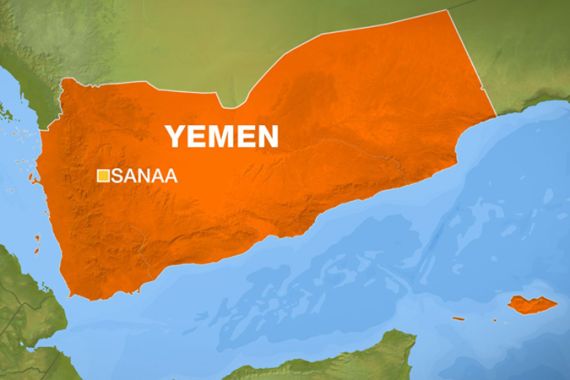
Main Businesses in Yemen
Yemen, located on the southern tip of the Arabian Peninsula, has an economy that is primarily driven by agriculture, oil production, trade, and small-scale industries. However, due to political instability, economic challenges, and ongoing conflict, many sectors have struggled in recent years. Below are some of the key industries that form the backbone of Yemen’s business environment.
1. Oil and Gas Industry
Oil and gas have historically been Yemen’s most significant sources of revenue, accounting for a large portion of government income and exports. Major oil fields are located in the Marib, Shabwah, and Hadramaut regions. Although production has declined due to the conflict and infrastructure damage, oil exports remain a crucial economic activity. The sector also supports businesses related to refining, transportation, and logistics.
2. Agriculture and Fishing
Agriculture is one of the largest sources of employment in Yemen, with many rural communities depending on farming and livestock. Major crops include:
Qat: A mild stimulant plant that is widely consumed in Yemen and is a major cash crop.
Coffee: Yemeni coffee is world-famous, particularly varieties like Mocha, which originated from the port city of the same name.
Fruits and Vegetables: Mangoes, bananas, and citrus fruits are widely grown.
Grains: Wheat and sorghum are staple crops.
Fishing is another important sector, especially along the Red Sea and Arabian Sea coasts, where seafood is exported to international markets.
3. Trade and Retail Business
Yemen has a long history of trade due to its strategic location along the Red Sea and the Gulf of Aden. The port cities of Aden, Hodeidah, and Mukalla facilitate imports and exports. Commonly traded goods include food products, electronics, textiles, and household goods. Despite the economic downturn, small businesses and local markets remain active, selling everything from clothing to consumer goods.
4. Construction and Infrastructure Development
Though slowed by conflict, the construction industry still plays a role in Yemen’s economy. Infrastructure projects, including roads, housing, and public buildings, are supported by both government and international aid organizations. Small and medium-sized construction firms work on rebuilding damaged structures and developing new projects.
5. Telecommunications and IT
The telecommunications sector has grown in Yemen despite challenges. Companies like Sabafon, MTN Yemen, and Yemen Mobile provide mobile and internet services. As internet access expands, e-commerce and digital services are slowly emerging, although they remain limited compared to other countries in the region.
6. Banking and Financial Services
Yemen’s banking sector is small but essential for business operations. The Central Bank of Yemen regulates the financial system, while private banks such as the Yemen Commercial Bank and Saba Islamic Bank provide banking services. Due to instability, many Yemenis rely on informal financial networks and remittances from abroad.
7. Handicrafts and Small-Scale Industries
Traditional handicrafts, such as silver jewelry, textiles, and pottery, remain an important part of Yemen’s culture and business. Small-scale industries also produce items like soap, leather goods, and furniture. These businesses cater to both local and international markets, often through online platforms or exports.
Conclusion
Despite economic hardships, Yemen’s business sectors continue to function, with agriculture, oil, trade, and small businesses playing a crucial role. Foreign investment remains limited due to instability, but local enterprises and international aid continue to support economic activities. In the future, stability and infrastructure improvements could help revitalize Yemen’s business landscape.



Leave a Reply